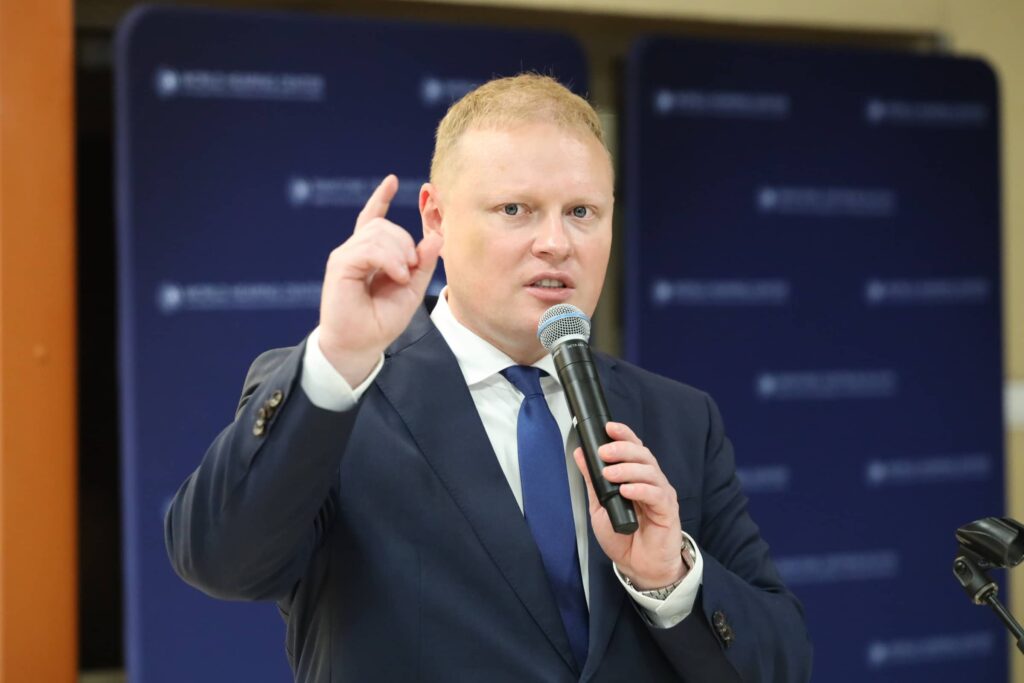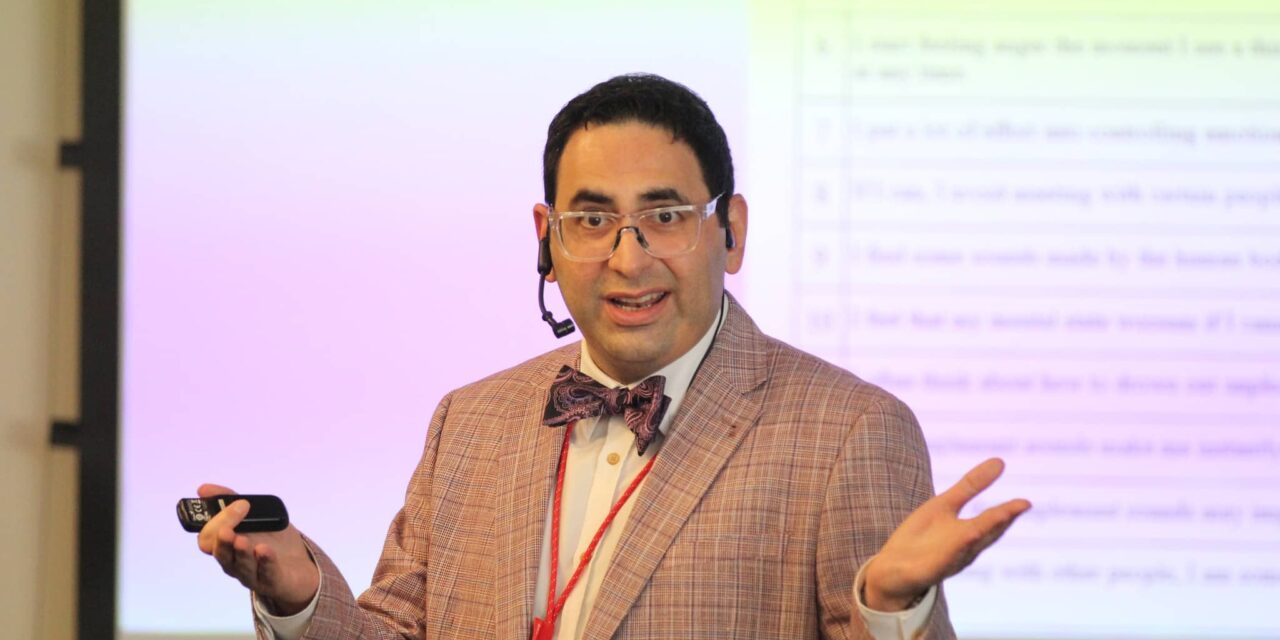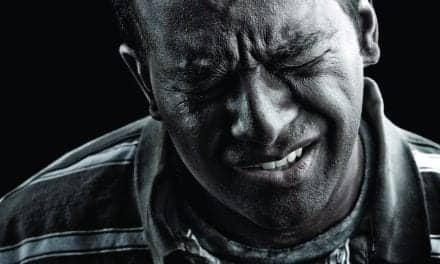Summary:
The 2025 World Tinnitus Congress united global experts to explore cutting-edge research, treatments, and technological innovations in tinnitus care, highlighting the field’s growing interdisciplinary collaboration and patient-centered focus.
Key Takeaways:
- Interdisciplinary Collaboration: The congress emphasized cross-field dialogue between audiology, neuroscience, digital medicine, and public health, reflecting a holistic approach to tinnitus.
- Emerging Therapies and Tech: New treatments—including CBT, electrical stimulation, and mobile health apps—were spotlighted, showcasing advances in personalized, tech-enabled tinnitus management.
- Global Research Trends: From neurobiological mechanisms to somatosensory pathways and psychotropic trials, the diverse presentations demonstrated expanding scientific inquiry and international cooperation in tackling tinnitus.
Report by Joanna Barker
The joint III World Tinnitus Congress and XIV International Tinnitus Seminar convened in Warsaw, Poland in April 2025, serving as a platform for interdisciplinary dialogue across audiology, neuroscience, digital medicine, and public health. This report captures the key takeaways and evolving themes from the conference.
The event commenced with a surgical showcase led by Professor Henryk Skarżyński, supported by his clinical team (Drs Mrowka, Porowski, Plichta, Pastuszak, and Barylyak), and moderated by Professor Piotr Henryk Skarżyński. The session demonstrated cutting-edge procedures in auditory surgery, setting the tone for the days ahead.
The educational program featured diverse workshops. Hashir Aazh, PhD, (UK) delivered a foundational session on audiologist- and ENT-led cognitive behavioral therapy (CBT) interventions for tinnitus and hyperacusis. Professor Marlies Knipper (Germany) guided a participatory workshop challenging assumptions about tinnitus emergence, particularly in populations with congenital or implant-related hearing loss.
Neuroscience talks focused on pathophysiological mechanisms. Professor Knipper addressed neurobiology in tinnitus and hyperacusis, and Professor Hatzopoulos (Italy) explored why otoacoustic emissions have historically failed to correlate clearly with tinnitus. Dr Andreia Azevedo (Brazil) presented electrophysiological techniques that support objective tinnitus assessment.
Several talks introduced emerging treatments. Dr Agnes Szczepek (Germany) discussed electrical stimulation approaches. Dr Robin Guillard (France) gave two insightful presentations—one on nap-related variability in tinnitusinvolving somatosensory and autonomic systems, and another identifying infradian patterns in sleep-intermittent tinnitus.
Clinical updates included pharmacological and somatic interventions. Prof. Ricardo Figueiredo (Brazil) addressed treatment strategies and pandemic-related shifts in tinnitus experience. Dr Yuan-Lin Hsieh (China) explored surgical solutions for pulsatile tinnitus. Dr Annemarie van der Wal (Netherlands/Belgium) tackled myths around temporomandibular (TMD)-related tinnitus. Dr. Danuta Raj-Koziak (Poland) shared progress on a Children’s Tinnitus Questionnaire. Dr M.B. Skarżyńska (Poland) focused on drug safety and efficacy for tinnitus.

Additional highlights included Dr Azevedo’s psychotropic trial, Dr Elzayat’s (Egypt) review of intratympanic injections, Dr Sereda’s (UK) brain stimulation studies, and Dr Michiels’ (Belgium) physiotherapy protocol for somatosensory tinnitus.
Technology’s expanding role in care was evident. Dr Carlos Cuilty Siller and Dr Israel de la Cruz Avila (Mexico) introduced a mobile application targeting tinnitus through sound and nutritional therapy. Dr Elżbieta Gos (Poland) shared data on mindfulness as a modifier of tinnitus severity.
One of the most anticipated moments was the Tonndorf Lecture, delivered by Dr Aazh, who surveyed the current landscape of CBT for tinnitus, hyperacusis, and misophonia. The talk emphasized accessibility, outcome prediction, and the need for integrating biological markers in future CBT trials. His findings underscored that CBT is effective but not universally so, and that 1 in 52 individuals with tinnitus may benefit significantly from targeted CBT.
The poster exhibition featured 19 presentations covering psychoacoustics, comorbidities, cochlear implant outcomes, functional imaging, somatosensory diagnostics, nutrition, body weight, and modeling of auditory processing. This breadth of topics reflects the field’s ongoing diversification.
The conference closed with a decision on the host city for the next World Tinnitus Congress. Competing proposals from Dr Annemarie van der Wal (Amsterdam) and Dr Aazh (London) prompted thoughtful deliberation. Ultimately, London was selected as the host of the IV World Tinnitus Congress and XV International Tinnitus Seminar, scheduled for July 2–3, 2027, to be organized by the Hashir International Institute.
This year’s Congress showcased the synergistic power of collaborative science, patient-centered care, and international exchange. It reaffirmed tinnitus as a multidisciplinary frontier and celebrated the community’s unified push toward evidence-driven solutions.
The conference was organized by the Institute of Physiology and Pathology of Hearing and Institute of Sensory Organs with Professor Piotr Henryk Skarżyński serving as president, and Professor Henryk Skarżyński as honorary president.
You can access the full Book of Abstracts here: https://www.journalofhearingscience.com/pdf-203341-123926?filename=XIV%20INTERNATIONAL.pdf
Joanna Barker is an audiologist and tinnitus specialist at the Hashir International Institute in London, England. Correspondence can be sent to [email protected]
Featured image: Hashir Aazh, PhD, speaks at the 2025 World Tinnitus Congress.



